In this opinion piece, education expert Jeff Smink argues that enriching summer school programs will stymie learning loss and help students succeed.


In this opinion piece, education expert Jeff Smink argues that enriching summer school programs will stymie learning loss and help students succeed.

Anthropologist Margaret Paxson writes about her struggle to quantify peace and ultimately argues that peace is knowable.

In this article, author and anthropologist Helene Mialet analyzes the relationship between humans and machines as it existed for scientist Stephen Hawking.

Research by New York University neuroscientists Oriel FeldmanHall and Peter Sokol-Hessner shows that broadening options to restore justice, such as reconciliation or compensating the victim rather than punishing the offender, could ease the burden of the U.S. justice system.

Bill Cheng writes about what it is like to be an A.B.C.: an American-Born Chinese. Read about his struggles to belong and feelings of being an outsider.

What’s the definition of an essential worker? How much should essential workers be paid? Read about some of the options and opinions around “hero pay.”
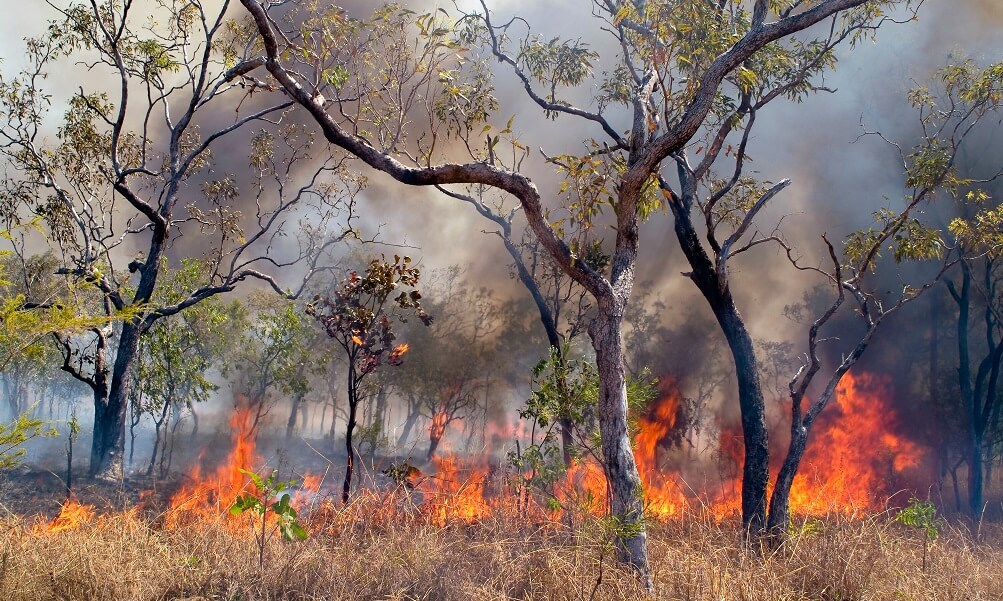
The crises Australians faced in 2020 helped to unite them, prompting optimism about how the country will face future challenges.

George Washington retired shortly after the American Revolution and re-emerged on the political scene several years later. In this essay, historian Edward Larson emphasizes the significance of these actions and makes a connection to modern global revolutions.

An opinion writer ponders why Anne Frank’s words still resonate with teenagers today.
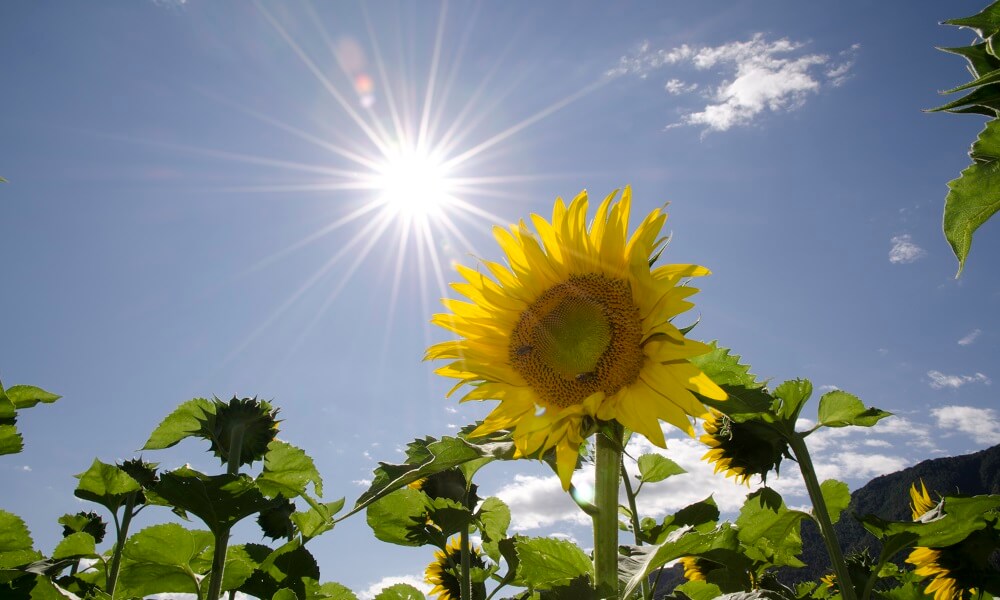
Poet and nature essayist Camille T. Dungy ponders the importance of diversity as she transforms her sterile yard to a more natural state.

Read the article to learn about how artificial our reality could be. Why play video games when you may be living in one?
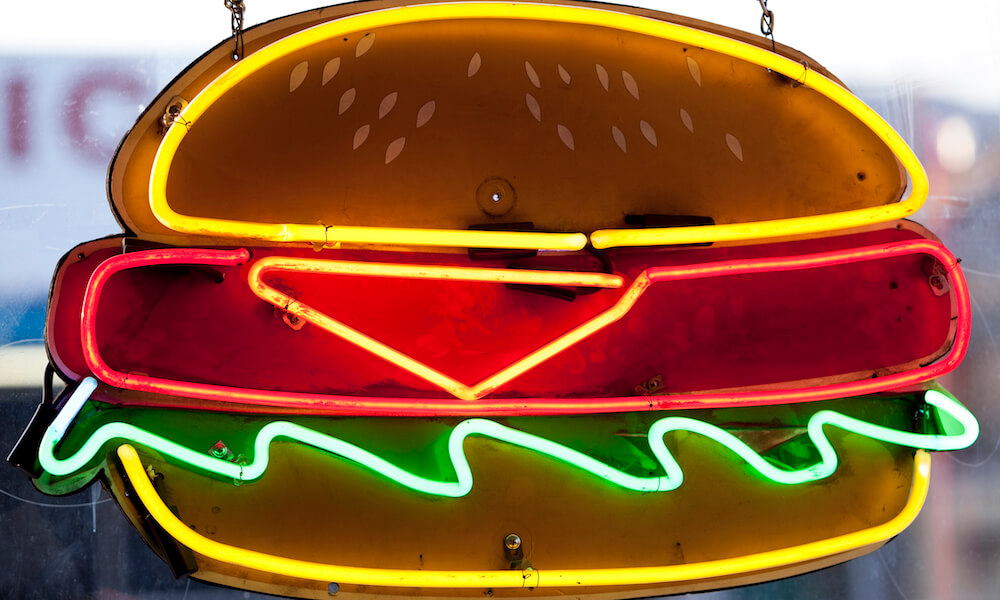
The burger wars are heating up as those in the meat industry realize the potential of lab-grown meat. Read more about why substitutes for traditionally farmed meat are gaining traction.

Regenerative Culture looks at personal care under the lens of collective-care rather than self-care. Read more about the practice and its far-reaching effects.
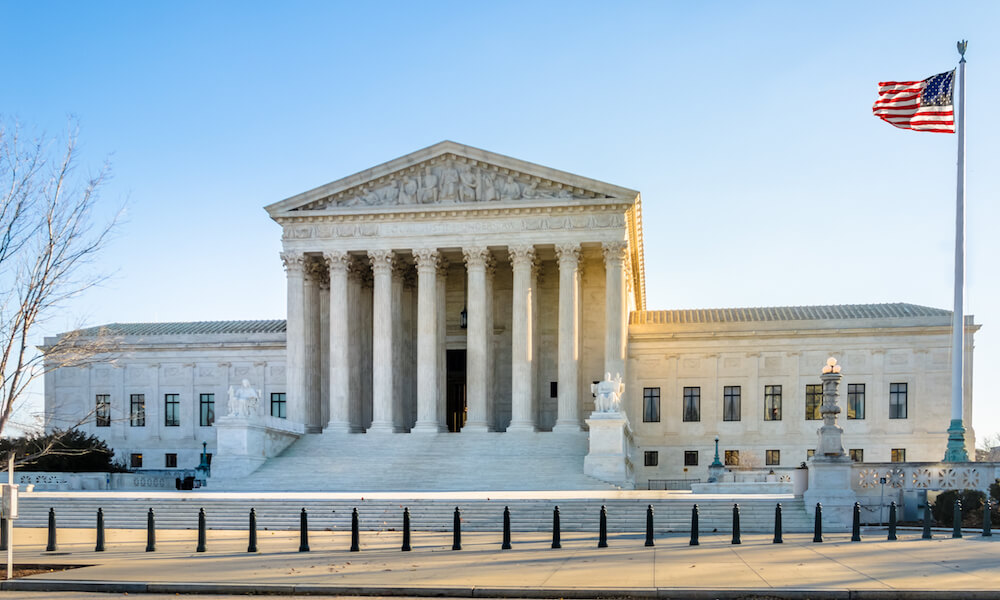
Should Supreme Court justices be subject to term limits or do their lifetime appointments ensure they are free from outside influences? Read the editorial to learn more about Supreme Court justices.

Writer Samantha Cole weighs the pros and cons of staying in your comfort zone, the premise of Meghan Daums’s book, The Unspeakable: And Other Subjects of Discussion.

In this opinion piece, Eric Schlosser, the author of Fast Food Nation, outlines why sustainable farming is the opposite of elitist.

People have always sought to impose order on nature, not only by taming landscapes and creatures but also by developing an understanding of how and why nature works the way it does. In this blog post, Marcelo Gleiser ponders the differences between the laws humans make and the laws by which nature functions.

Telling scary stories around a campfire is an American tradition. In many modern summer camps, however, scary stories are being phased out in favor of activities that have more identifiably “positive outcomes” for everyone. Read this article and decide how you feel about the issue.

It is difficult to predict who will succeed at long-term tasks. In this talk, Angela Duckworth argues that a person’s persistence, or “grit,” is what will help them overcome challenges.
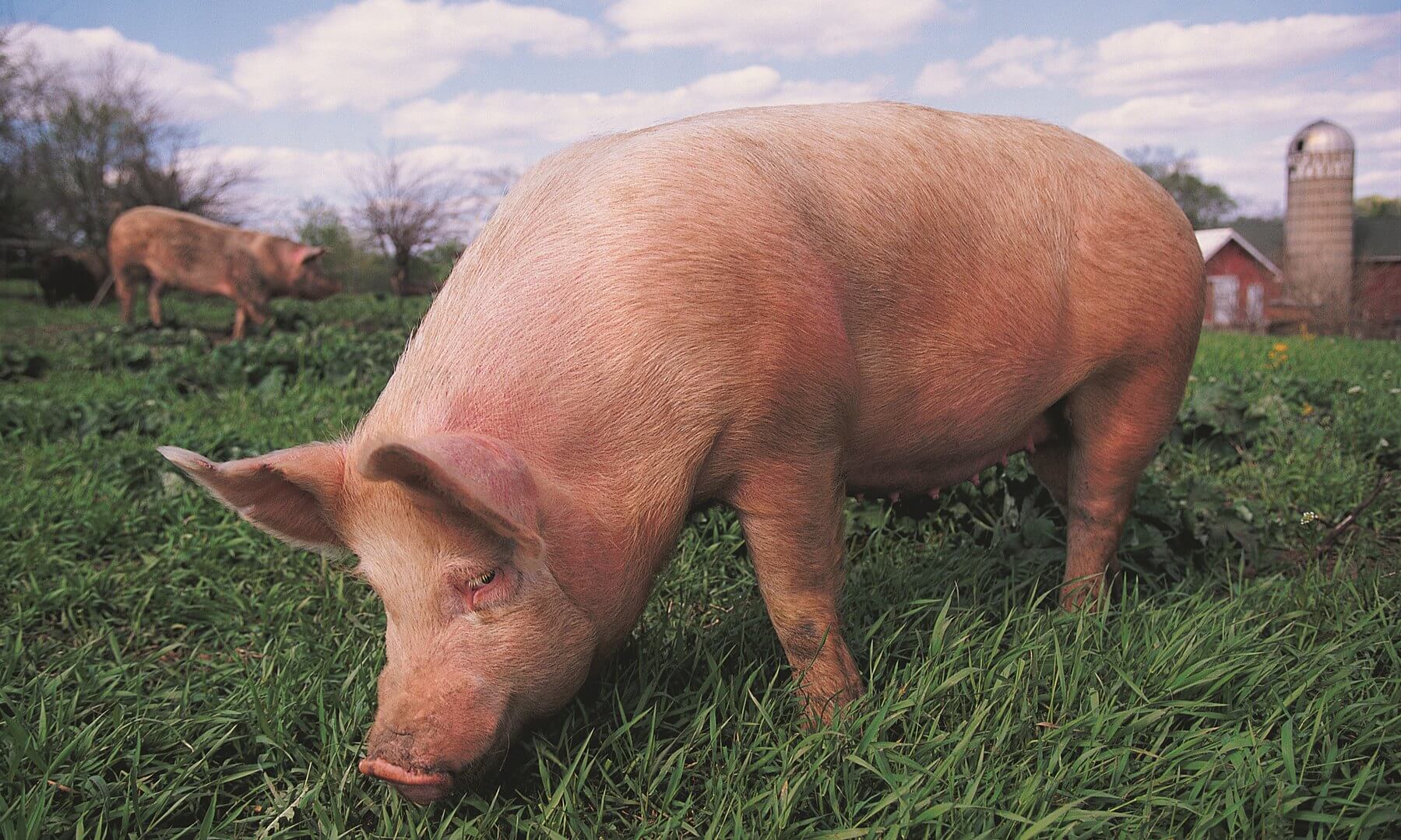
An opinion columnist explores the idea of whether we should think about how smart the kinds of animals we eat might be.